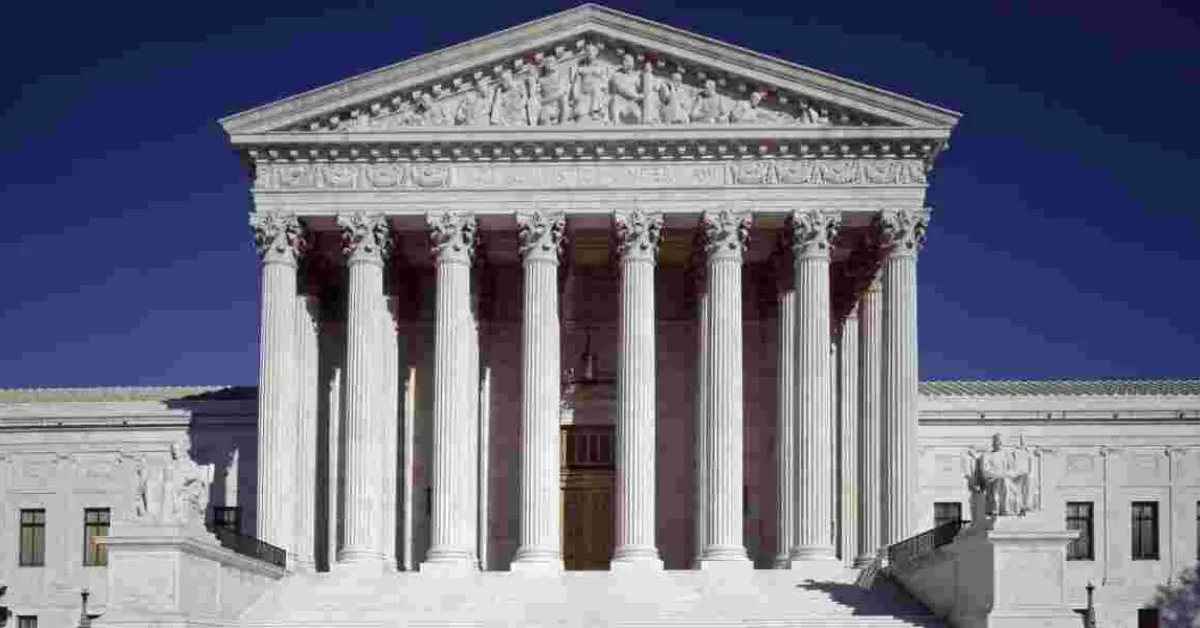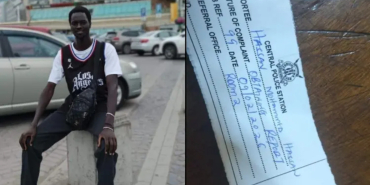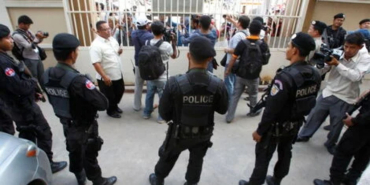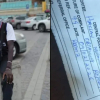Supreme Court Allows Biden Administration to Limit Immigration Arrests

The Supreme Court on Friday ruled in favour of the Biden administration, allowing them to revise regulations for Immigration and Customs Enforcement (ICE) to prioritize deportation efforts on those with severe criminal backgrounds or who present a risk to national security.
Texas and Louisiana, the two states that had contested the new guidelines, lacked standing to drive the lawsuit. The 8-1 vote saw Justice Samuel Alito as the sole dissenter. Justice Brett Kavanaugh wrote the opinion for the majority with Chief Justice John Roberts, Justices Sonia Sotomayor, Elena Kagan, and Ketanji Brown Jackson in agreement. Justices Neil Gorsuch, Clarence Thomas, and Amy Coney Barrett concurred in the judgement. The result comes as a major success for President Biden and a validation of the executive branch's authority to modify and restrict the implementation of federal immigration law without obstruction from legal action.
The Biden administration has asserted that the memo signed by Secretary of Homeland Security Alejandro Mayorkas allows ICE to focus its resources and personnel on apprehending and expelling migrants who present the most serious threats to public safety, national security, and border security. This policy is based on the recognition that the government cannot deport all of the immigrants who are illegally living in the country.
However, Texas and Louisiana authorities have disputed the memo in a federal court, affirming that it restrains ICE agents from completely adhering to immigration laws that control the detention of some migrants. The Supreme Court decided to review the case after lower court judges forbade the policy. In his majority opinion, Justice Kavanaugh labelled the attempt by Texas and Louisiana as a highly uncommon lawsuit
"They want a federal court to order the Executive Branch to alter its arrest policies so as to make more arrests. Federal courts have traditionally not entertained that kind of lawsuit; indeed, the States cite no precent for a lawsuit like this." Kavanaugh wrote.
Kavanaugh argued that the court is not the best place to deal with the dispute about immigration arrests, as the policies could be adjusted through congressional funding, amendments to the legislation, and federal voting. He cautioned that if the Supreme Court accepted Texas and Louisiana's claims, it could give states the opportunity to meddle in federal law enforcement beyond just immigration.
Alito's dissent criticized the majority for granting the executive branch too much authority, claiming that the states did have standing to take legal action against the ICE arrest policy.














Add new comment